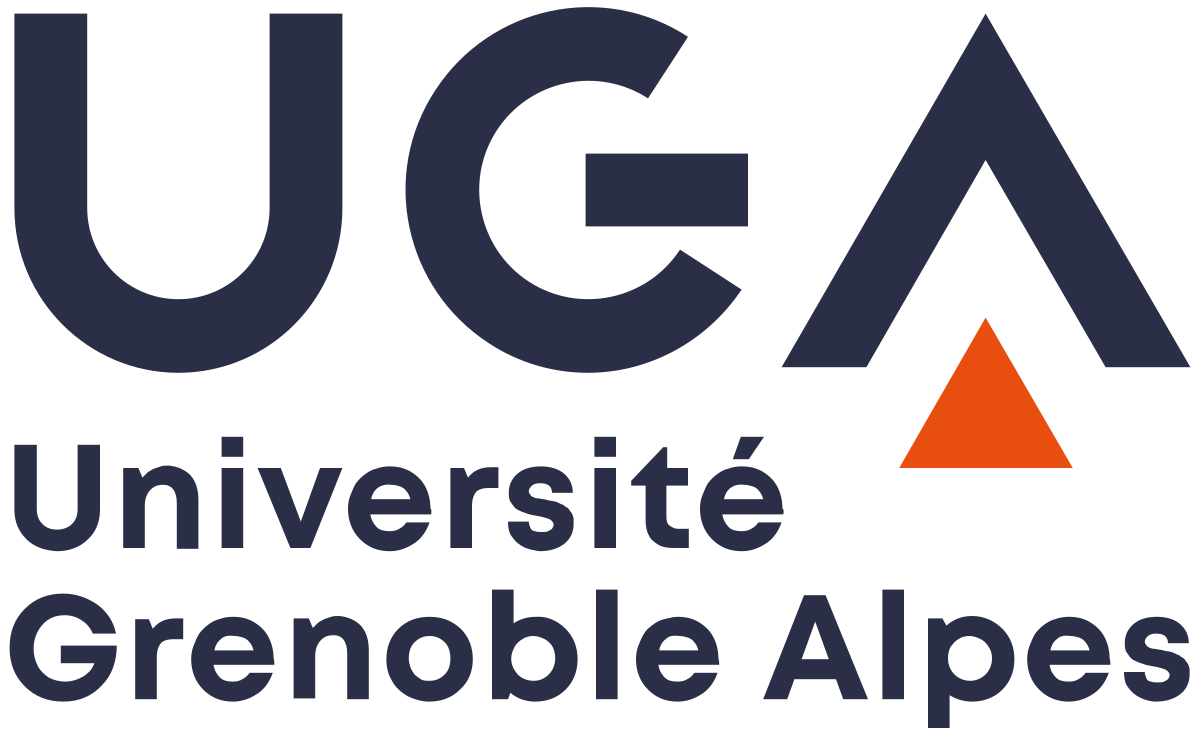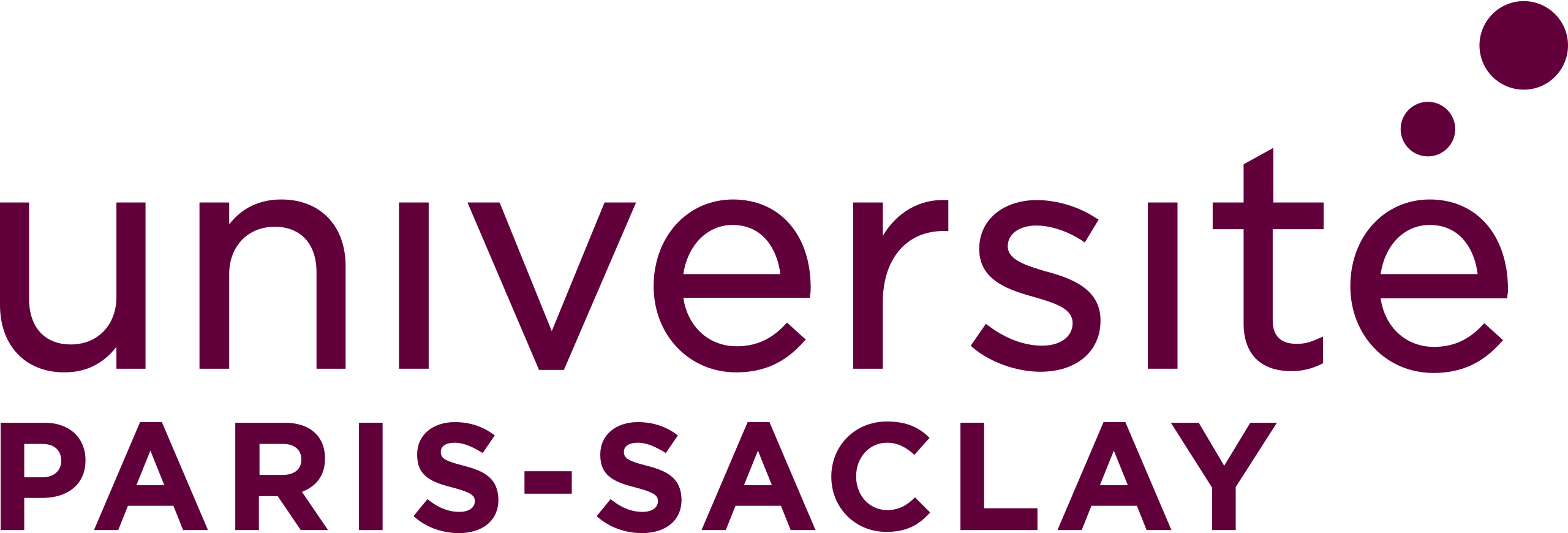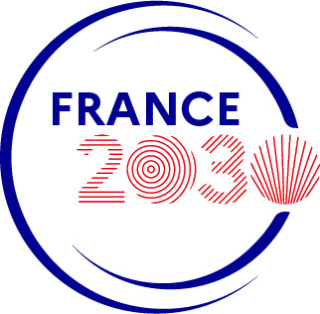Call
See the call webpage.
Jury composition
-
PEPR eNSEMBLE directors:
-
Gilles BAILLY (CNRS)
-
Michel BEAUDOUIN-LAFON (Université Paris-Saclay)
-
Stéphane HUOT (Inria)
-
Laurence NIGAY (Université Grenoble Alpes)
-
-
Targeted project managers:
-
Jean-Marie BURKHARDT (Université Gustave Eiffel) - PC CATS
-
Christian SANDOR (Université Paris-Saclay) - PC CATS
-
Marcos SERRANO (University of Toulouse) - PC CATS
-
François CHAROY (University of Lorraine) - PC PILOT
-
Claudia IGNAT (Inria) - PC PILOT
-
Myriam LEWKOWICZ (Troyes University of Technology) - PC PILOT
-
Gilles COPPIN (Institut Mines Télécom) - PC MATCHING
-
Agnès HELME-GUIZON (Grenoble Alpes University) - PC MATCHING
-
Catherine PELACHAUD (CNRS) - PC MATCHING
-
Anne BARTEL-RADIC (Grenoble Alpes University) - PC CONGRATS
-
Aurélien TABARD (Lyon 1 University) - PC CONGRATS
-
Nicolas JULLIEN (Institut Mines Télécom) - PC CONGRATS
-
Mehdi KHAMASSI (CNRS) - PC TRANSVERSE
-
Wendy E. MACKAY (Inria) - PC TRANSVERSE
-
Lionel OBADIA (Université Lumière Lyon 2) - PC TRANSVERSE
-
Procedure
Prior to the jury, the thesis projects were subjected to at least a triple expertise (including at least the directors of the targeted project). The three main criteria for selecting candidates for audition were:
-
Relevance and originality of the thesis topic;
-
Quality and complementarity of co-supervisors;
-
Quality of the candidate’s CV;
-
Priority of the subject in relation to the scientific policy of the targeted projects and PEPR eNSEMBLE.
27 applications (17 men, 10 women) were selected for the auditions held on June 1 and 2, 2023. All candidates were interviewed by videoconference (Zoom software). The auditions consisted of a 10-minute presentation and 5 minutes of questions. The three main criteria for candidate selection were:
-
Academic quality and professional experience of the candidate;
-
Quality and understanding of the thesis topic;
-
Suitability of the candidate for the thesis topic.
Decisions
The jury selected 15 candidates for the main list and drew up a supplementary list for each targeted project. 15 candidates (8 men, 7 women) finally accepted the PhD offer. The projects selected are as follows
-
PC1 CATS
-
Collaboration in Hybrid Environments: co-defining collaborative spatial layouts - IRIT / Université Toulouse 3
-
VINCI - VIsualizatioN for CreatIvity - CESI
-
InstaBeam: Instant Beaming into Immersive Viewing Environments - LISN / CNRS
-
-
PC2 PILOT
-
Development of a device to support self-regulation of collaborative learning - LIG / Université Grenoble Alpes
-
What remains of containment? Evolution of artifact ecologies in civil security organizations - LORIA / Inria
-
CollaboPracTICE: a collaborative virtual environment for hands-on learning - IRIT / Université Toulouse 3
-
Single-source collaborative editorial chains for creative coding - LISN / CNRS
-
-
PC3 MATCHING
-
MAIIL - AI-driven character simulation based on Multi-Agents Interaction Imitation Learning - IRISA / Inria
-
PRAISE: Intelligence-Assisted Risk Prevention for Seniors - co-design and evaluation of the acceptability of a conversational platform - LIG / Université Grenoble Alpes
-
GenInterHuman: Generative Models for Natural Interactions between Humans and AI-enabled Virtual Agents - CRISTal / ITM
-
CHLLI: Collaborative Human-centered Machine Learning for Archival Practice: Enhancing Accessibility, Transmission, and Curation - ISIR / Sorbonne Université
-
Atmospheres in a Mixed Social Simulation in Virtual Reality - ENIB
-
-
PC4 CONGRATS
-
The multiple aspects of collaboration in online communities: the role of affect and informality - CERAG / Université Grenoble Alpes
-
Determinants and measurement of online collaboration - CERAG / Université Grenoble Alpes
-
-
PC5 TRANSVERSE
-
Rebound effects of digitally mediated collaboration - ACCRA / Université de Strasbourg
-






